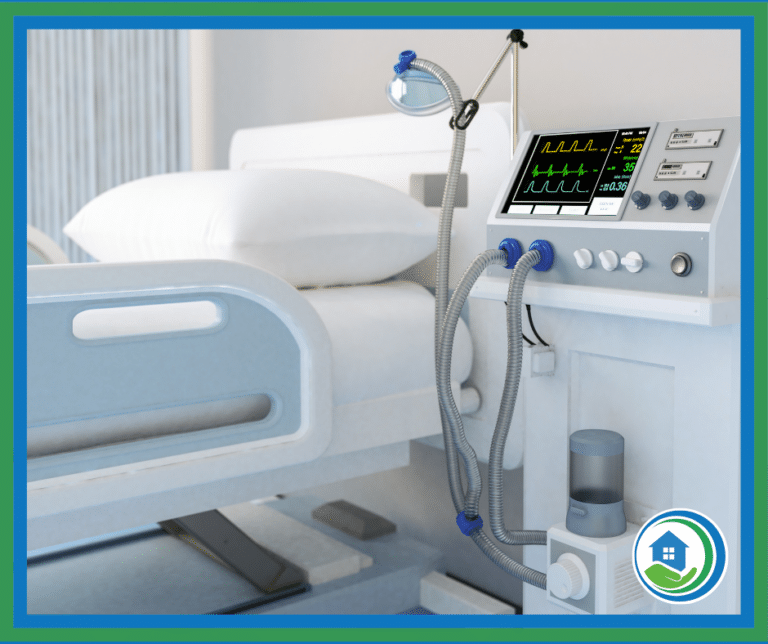After a person has been hospitalized and sent home, the recovery process is underway. Everyone is different, and some people take to the recovery process better than others. For seniors, though, not following through with their recovery, not adhering to their doctor’s instructions, and not following up with physical therapy if it’s needed can all lead to an increased risk of readmission.
What is hospital readmission?
The federal government defines this as when somebody must be readmitted within 30 days of discharge. Sometimes, unforeseen complications may arise. But, for the most part, a readmission to the hospital is a result of somebody not following their doctor’s instructions, not resting when they should be, not exercising as required, or otherwise failing to follow through.
Some seniors may have a difficult time staying on top of the recovery. They may feel overwhelmed by all the medications they have to take, the appointments they need to keep, or the exercise that’s just too difficult for them to follow through on.
In-home care is a great asset to help seniors recover. An experienced in-home care aide can assist the senior, and offer reminders, and even encouragement when the exercises or routines become too difficult.
In some cases, family and friends try their best to offer encouragement, but they may not communicate as well as they could. Or, they may not follow up or follow through with the senior as often as they wanted to originally.
Keeping those lines of communication open with an aging senior is important during the recovery time. So, how do you do that? How do you keep communication lines open with a senior who might be frustrated, struggling, or feeling like all of this is for nothing?
First, be consistent.
If you say you’re going to call every morning or every other evening, for example, make sure you do so. The more specific the time frame, the better. For example, if you say you’re going to call your aging father or mother at 7:30 in the morning, make sure you call at 7:30, not 9 o’clock or 10.
Sometimes, you can’t do anything about delays, but where it’s in your power, be consistent.
Second, listen to what the senior says.
You may not agree with them. You might get frustrated with them pushing back against the doctor’s instructions or what they should be doing for their recovery. Yet, in a lot of cases, the pushback or negative comments are questions they’re too embarrassed or afraid to ask.
Take more time and patience to listen to what the senior is trying to say, even if they don’t see it right or articulate it clearly enough.
Third, be supportive.
Even if recovery is going slow or they seem to be dragging their feet, slow progress is better than no progress at all. Remember, things aren’t going to turn around immediately, but if you can encourage them and keep track of their progress and show them every week or every couple of weeks just how far they’ve come, that can be a great way to help them stay motivated.
If you or an aging loved one are considering In-Home Care in Weatherford, TX, please contact the caring staff at Clear Path Home Care today at (817) 631-7710
Clear Path Home Care provides compassionate, high-quality home care in Bosque County, Hill County, Navarro County, Henderson County, Erath County, Somervell County, Johnson County, Ellis County, Parker County, Tarrant County, Dallas County, Kaufman County, Rains County, Hood County, VanZandt County, and Rockwall County in Texas.
- Parkinson’s Disease: Understanding Causes, Symptoms, and Treatment - May 23, 2024
- Unexpected Ways Companion Care Can Help Your Mom - May 14, 2024
- Rituals to Help a Senior Practice Mindfulness Everyday - May 9, 2024






